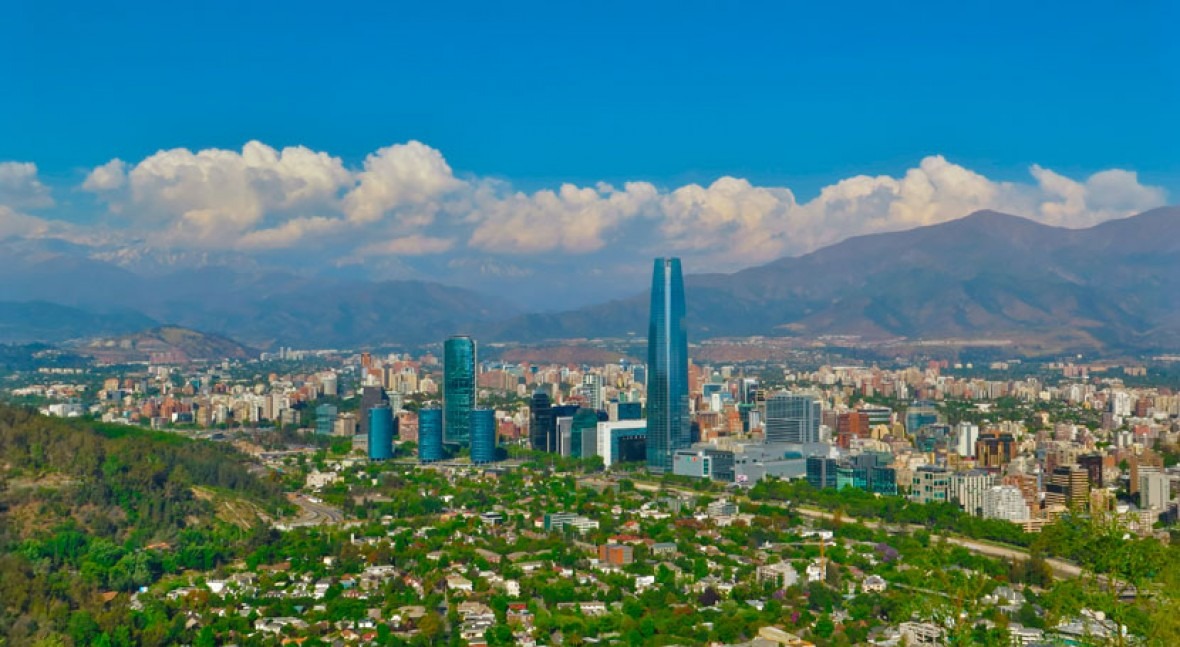Chile's water crisis
- A new report by NRDC outlines solutions to help Chile achieve the SDGs and climate change adaptation targets.
This year, Chile has declared water scarcity in over 50 communities across three regions, and an agriculture emergency across more than 100. The country is currently facing the worst drought in the last 60 years.
The local authorities have guaranteed to spend $58 million to provide water to people living in rural areas without any access to the resource, and to tap more water sources.
Sebastian Pinera, Chile’s President, has also announced a new working group made up of government agencies, scholars and water companies to deal with the country’s water shortages.
A new report released by the Natural Resources Defense Council (NRDC) and Adapt Chile finds Chile’s Metropolitan Region is facing an increasing water deficit that will worsen due to climate change.
“Chile is expected to see an increase in floods and face the greatest water stress in the Western Hemisphere over the next 40 years.”
According to the report, the impacts of global warming, including drought and flooding, are forecast to cost the country’s gross domestic product (GDP) 1 percent every year for the next eight decades.
Home to 7 million people, the nation’s Metropolitan Region is struggling to deal with rising flood hazards, insufficient data, leaks, faulty water use both in urban and rural sectors, and conflicts over groundwater.
NRDC says there are numerous measures, already successfully implemented in other regions around the world facing similar water challenges, that could help Chile tackle its water scarcity.

These are some of the solutions:
To increment rainwater absorption and reuse, developing green infrastructure such as green roofs and restored natural areas are extremely crucial.
Raising awareness about water use with public education campaigns, increasing water-efficient urban water development to decrease consumption per capita is just as effective as increasing water supply.
Monitoring groundwater and finding links between surface water and groundwater use by enlisting universities, specialized institutes, and the private sector.
Investing in new digital solutions to address water loss in a more adequate way as well as reinforcing Chile’s Water Department.
In matters of agricultural irrigation, which currently makes up 68 per cent of total water demand in the Metropolitan Region, upgrading inefficient irrigation systems to micro sprinkler systems could increase agricultural water efficiency by 30 per cent.













